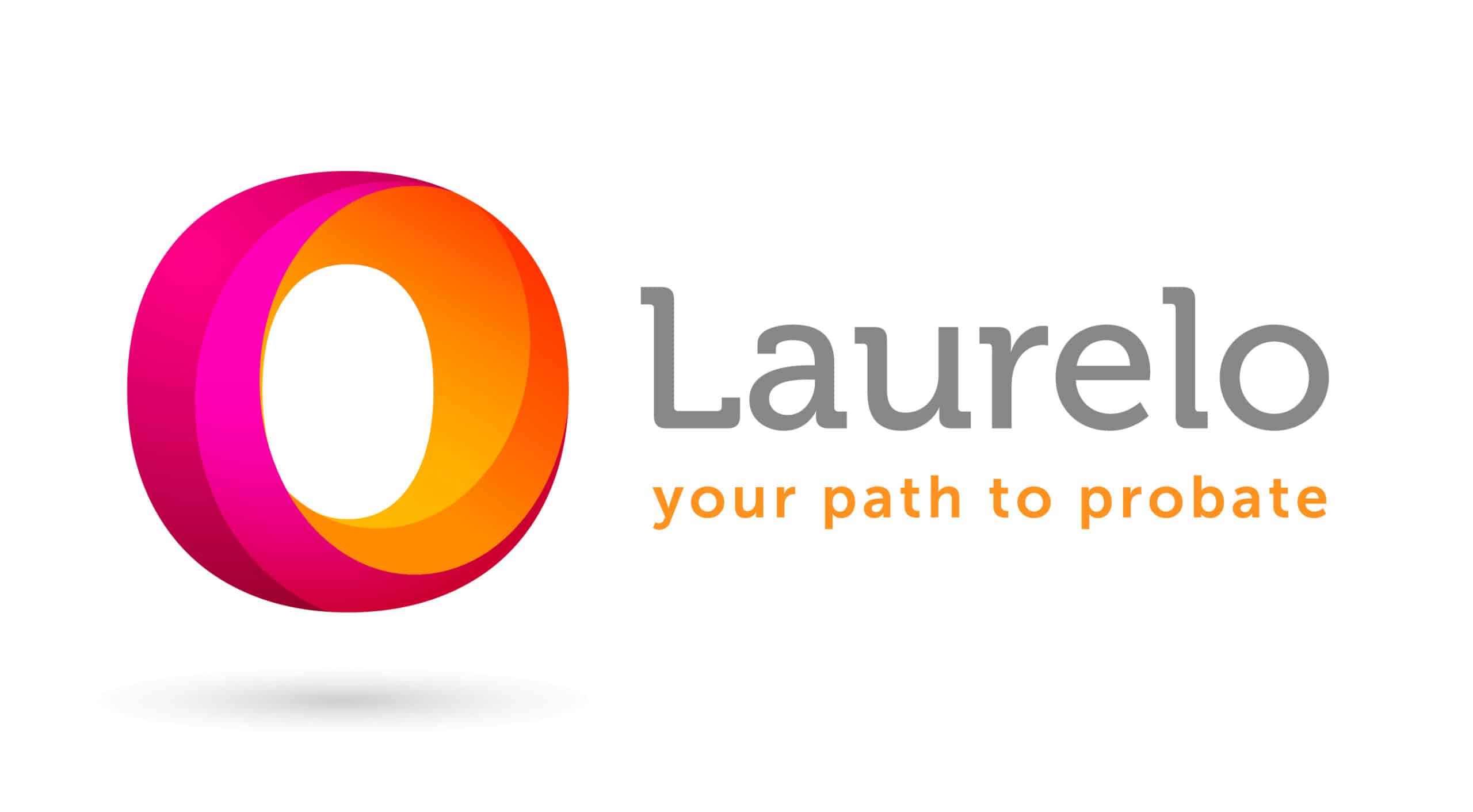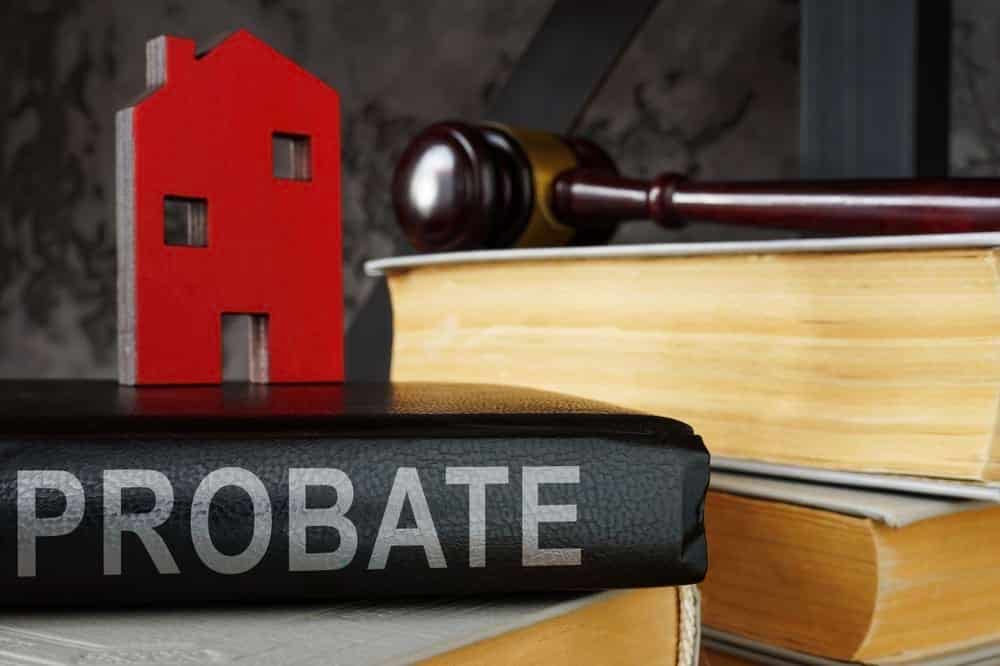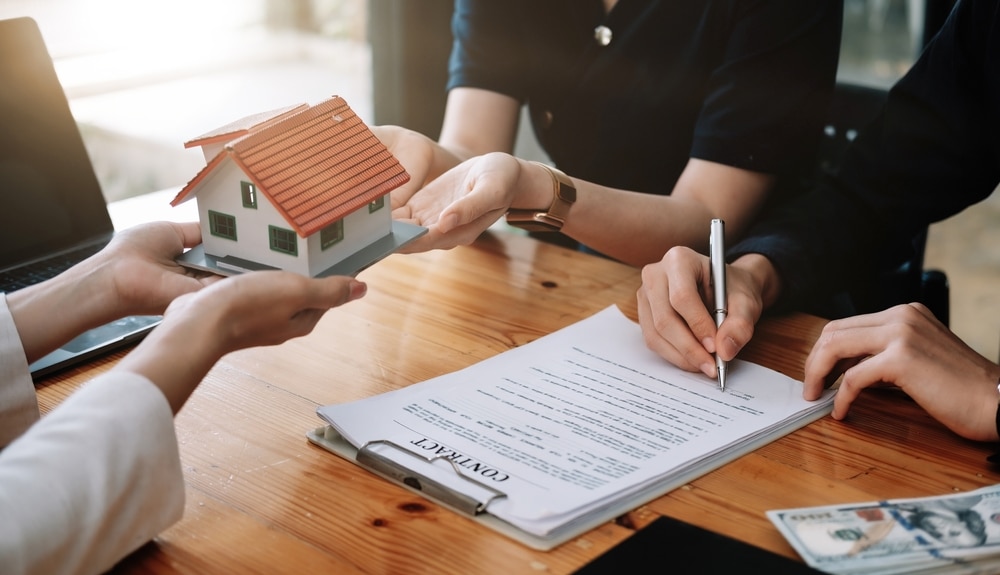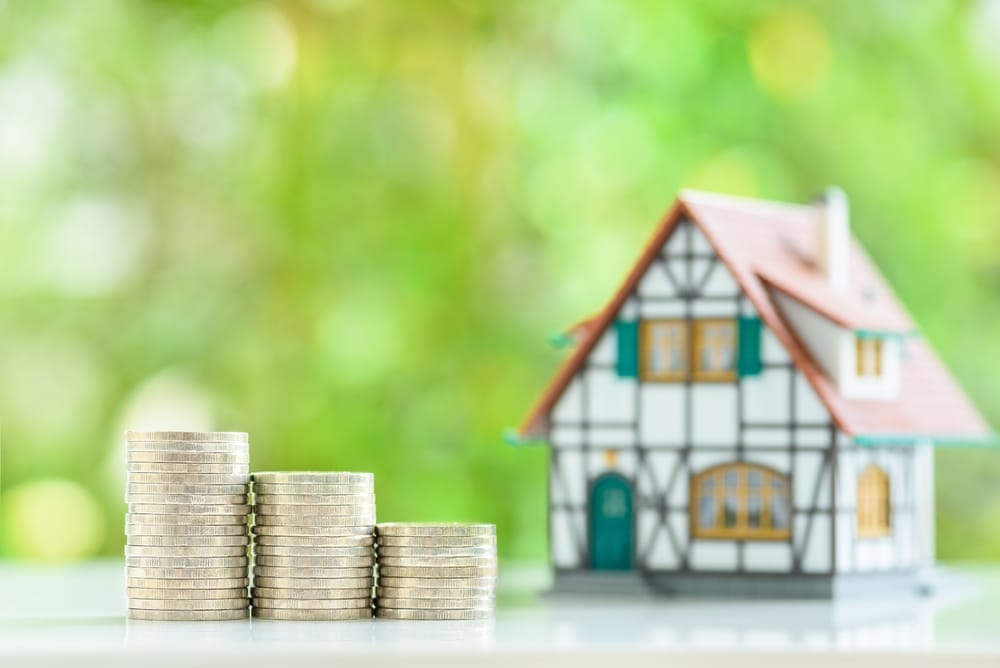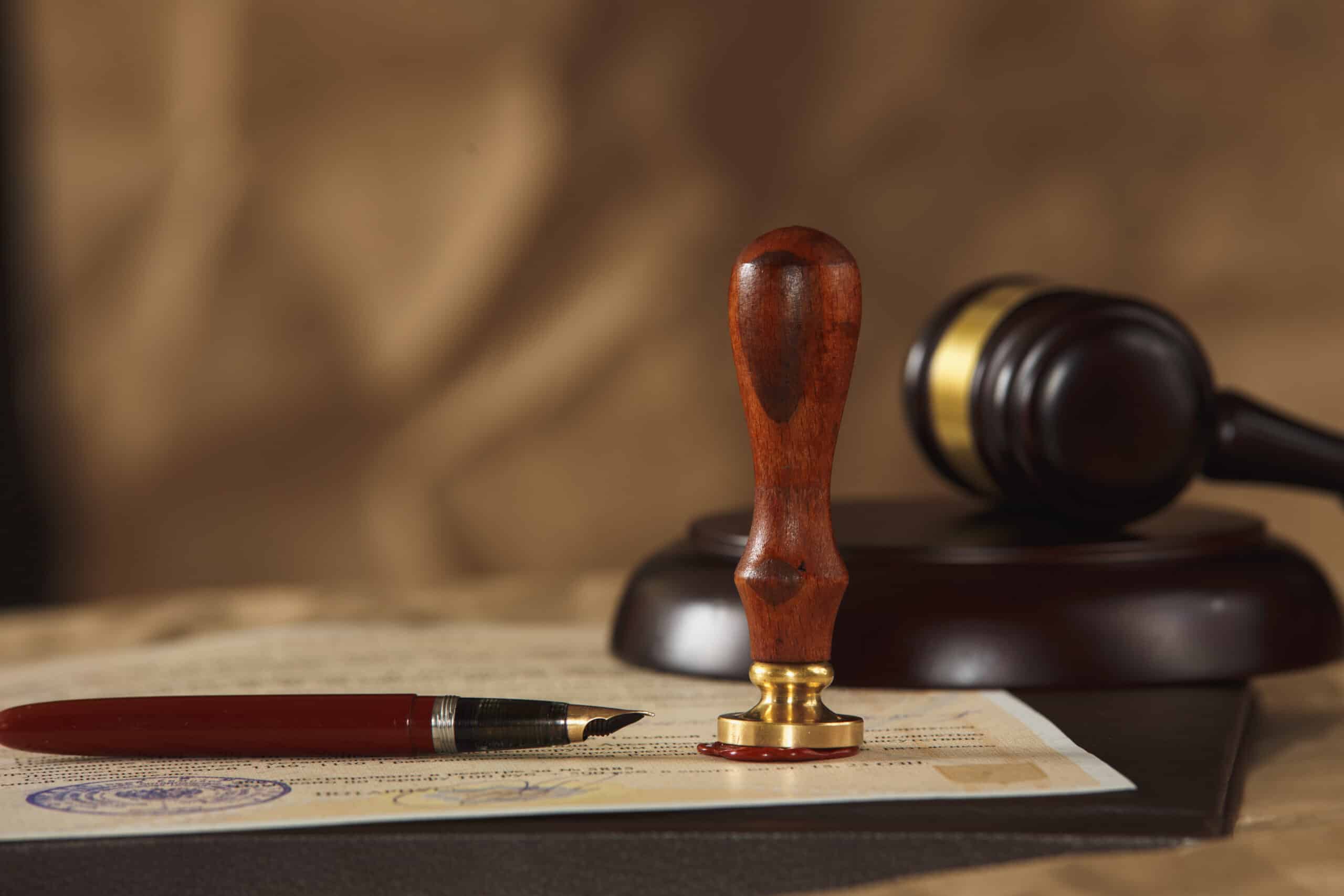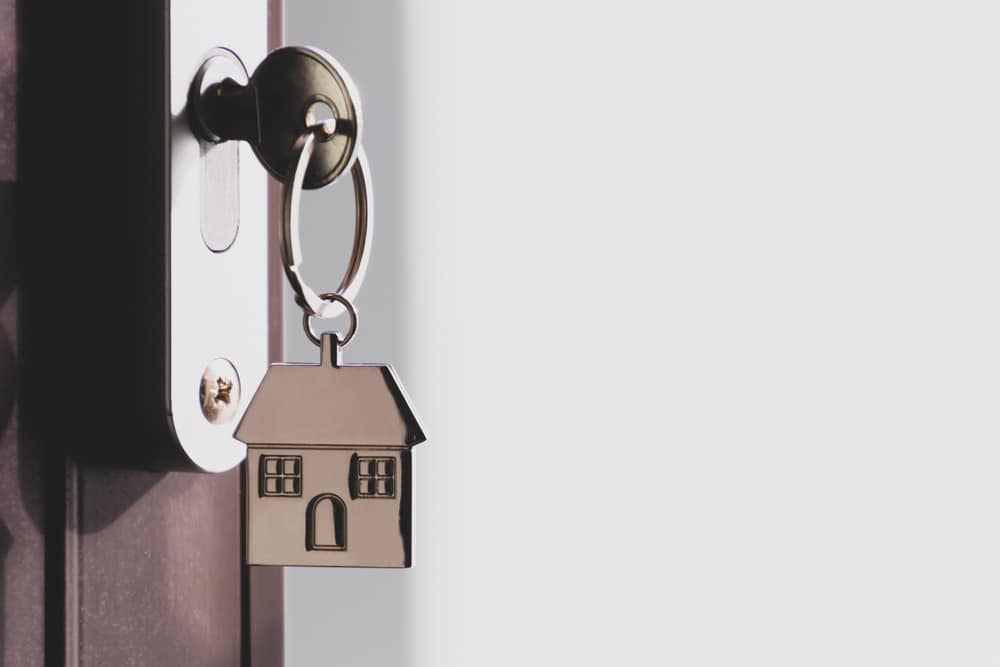You do not have to pay stamp duty on a property you inherit.
However, it becomes a consideration when you decide what to do with the property.
Read on to learn more about the rules and conditions involved.
What is stamp duty?
Stamp duty land tax (SDLT) (often called stamp duty) is a tax paid for properties worth more than £125,000.
(First-time buyers are exempt if the property is worth less than £300,000.)
It applies to, too other situations. For example, when transferring your share of a property to a partner if the property still has a mortgage.
It’s calculated on a sliding scale. It gets more expensive as the sale price of a home rises. These are the different rates for each band of property value:
-
Up to £125,000, stamp duty is zero
-
£125,001 to £250,000, stamp duty is 2%
-
£250,001 to £925,000, stamp duty is 5%
-
£925,001 to £1,500,000, stamp duty is 10%
-
Above £1,500,000, stamp duty is 12%
The charge is staggered. So, on a home worth £500,000 the first £125,000 is stamp duty free, the next £125,000 is taxed at 2%, and the final £250,000 is taxed at 5%. That gives a total of £15,000.
Stamp duty on second homes
If you buy a second home for more than £40,000, you will be charged an extra 3% on top of the rate in the above tax bands.
The government has a handy stamp duty calculator. Here are the stamp duty rates for second homes:
-
Up to £125,000, stamp duty is 3%
-
£125,001 to £250,000, stamp duty is 5%
-
£250,001 to £925,000, stamp duty is 8%
-
£925,001 to £1,500,000, stamp duty is 13%
-
Above £1,500,000, stamp duty is 15%
For a second home worth £500,000, stamp duty is charged at £30,000 (a considerable increase). It could be important when deciding what to do with an inherited home.
Stamp duty after inheritance
As mentioned, you do not pay stamp duty on an inherited home. That applies whether you take on any outstanding mortgage left on that home.
However, stamp duty should be considered when you decide what to do next.
For example, it’s not unusual for one sibling to buy another sibling’s share of an inherited home. If the share is more than the threshold of £125,000, you will have to pay stamp duty.
Often, you will already own a home, which means the 3% second home charge will be added to your bill.
So, if you want to buy out a sibling for £250,000, you will pay 5% on the second £125,000 and 3% on the first, leaving £10,000 to pay.
You’ll need to weigh up whether, in the long run, the asset you will own outright is worth paying the charge for.
Equally, you may sell an inherited home. And you can invest the money in a buy-to-let property that is more conveniently located for you.
This ‘second stepper property‘ will be subject to stamp duty and the additional charge.
Other taxes to think about
Inheritance tax
The most significant tax you may have to pay when you inherit a home is inheritance tax (IHT). This is calculated on the value of an estate once bills and debts have been settled.
Currently, the value of an estate above which inheritance tax is paid is £325,000. The tax-free threshold rises to £500,000 if a home is left to children or grandchildren.
This threshold is added to that of a remaining spouse or civil partner. So, they could potentially leave £1,000,000 to their family. Any amount inherited above the threshold is taxed at 40%.
Income tax
If you decide to hold onto an inherited home and rent it out, the money you earn will be subject to income tax.
Capital gains tax
You must pay capital gains tax on an inherited property if:
-
It does not become your main home
-
It rises in value when you sell it.
You will only pay tax on the difference in value between when you inherited it and when you sold it.
Capital gains tax on property is 18% for low-rate taxpayers. And 28% for higher-rate taxpayers.
The annual tax-free allowance on capital gains is currently £12,300. Beyond that, anybody with an income over £50,000 would pay a tax of 28% on all their gains.
Anyone with an income below £50,000 would pay it at 18% until their income was above £50,000. At this point the higher rate would apply.
Working with us
You may want to sell a home in probate quickly for many reasons.
You may not have the time or resources to manage its upkeep. Perhaps you want to release funds to use elsewhere, or you might just want peace of mind at an unsettling time.
Our service is designed to make the process as straightforward as possible.
We arrange valuations and solicitors, as well as cover their costs.
We move quickly, too, and can buy your house in just seven days if necessary.
If you need professional advice on dealing with probate, Laurelo can help. Learn more about their services here.

